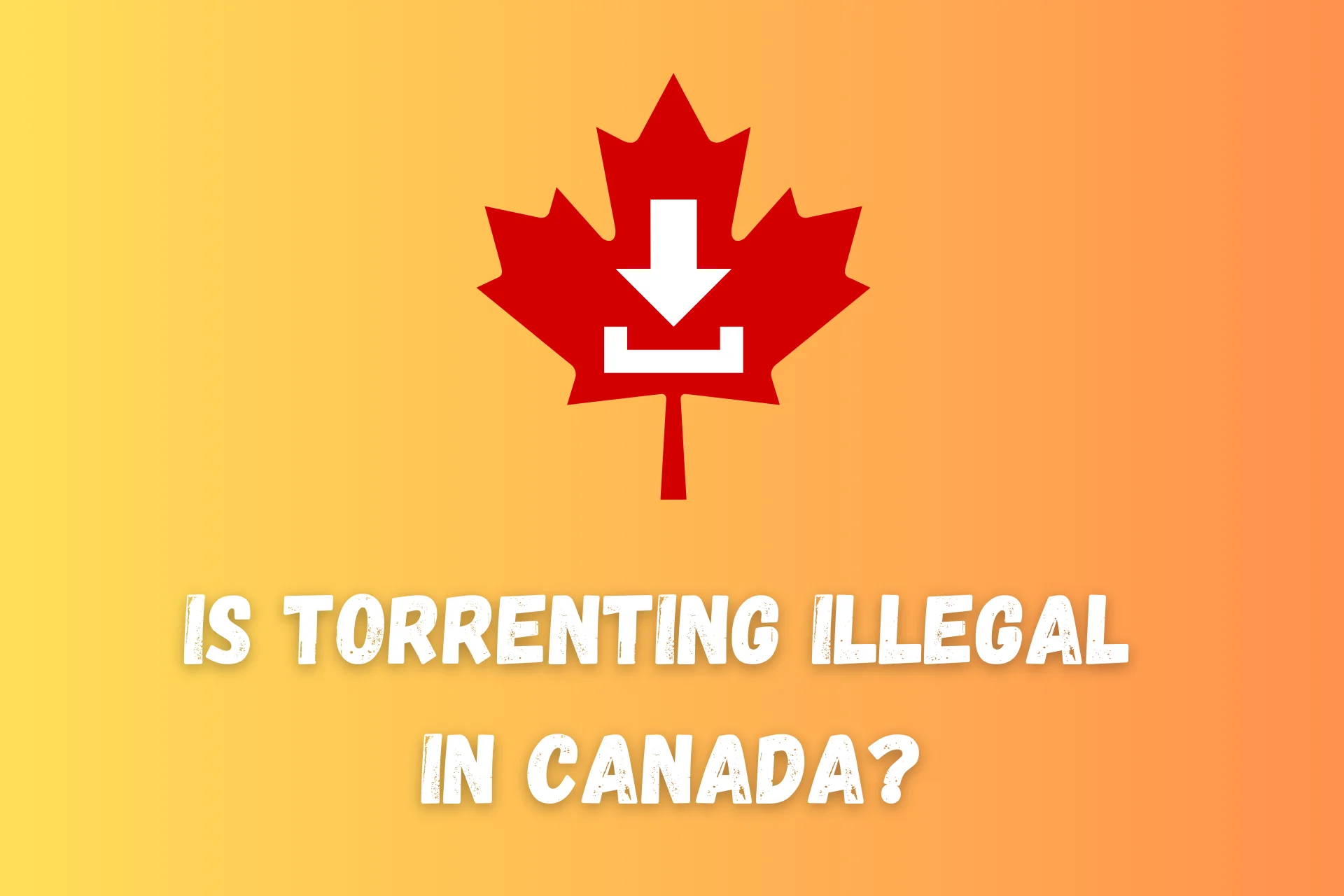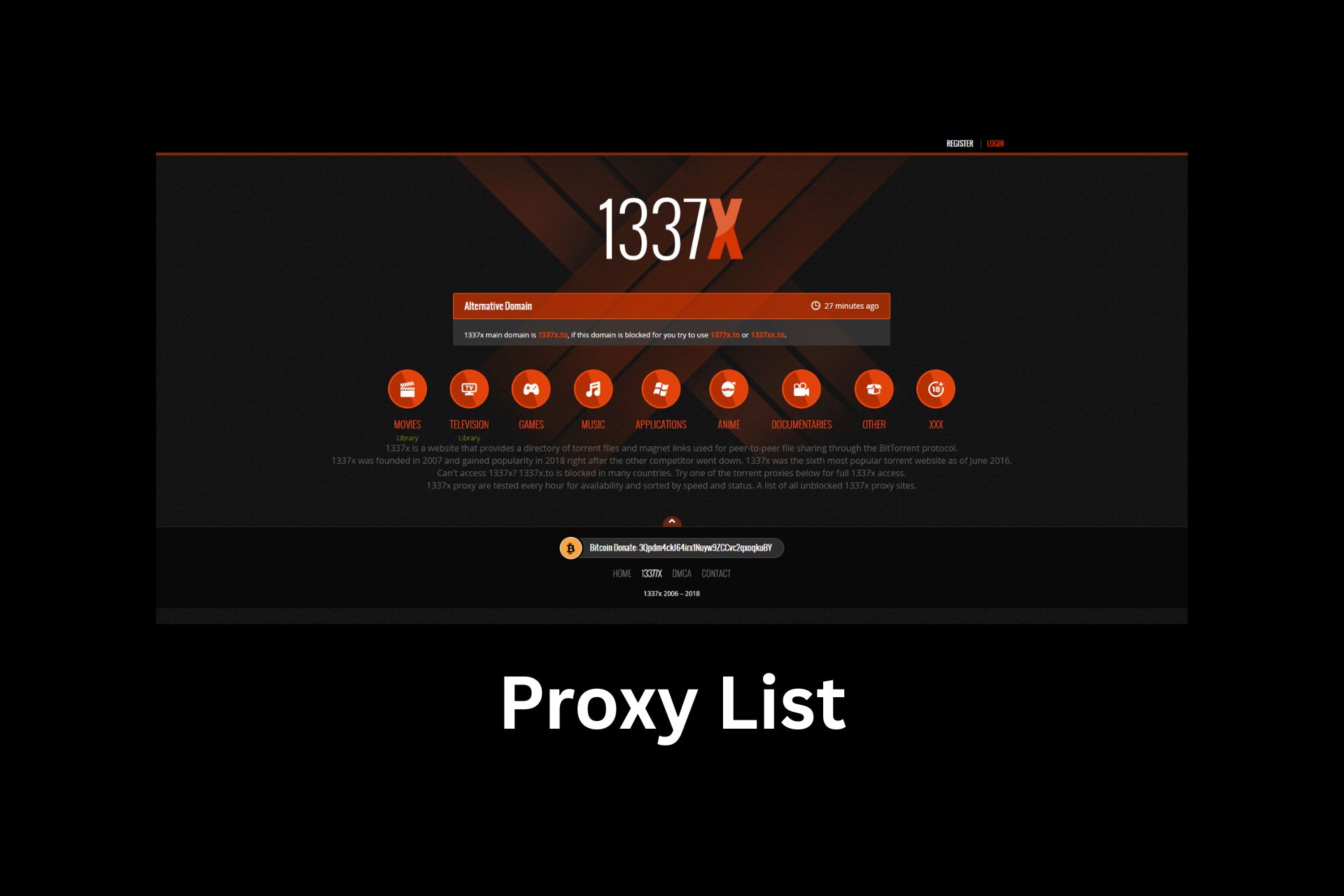Is Torrenting Illegal in Canada? [And How to Torrent Safely]

Many people are wondering if torrenting in Canada is illegal, and for the right reasons. As someone who’s explored the world of technology and online sharing, I know how important this topic is.
Torrenting is a popular way to share files, but it’s essential to know the rules.
Let’s dive in and find out more about torrenting in Canada.
Is torrenting illegal in Canada?
Torrenting, in its essence, isn’t illegal in Canada.
The real concern is the type of content you’re sharing or downloading.
If it’s copyrighted material and you don’t have permission, that’s where the law steps in. Canada’s Copyright Modernization Act of 2012 made this stance clear.
While the act of torrenting is permissible, distributing or downloading copyrighted content without authorization isn’t.
Monitoring and enforcement
You might think that it’s your ISP keeping an eye on your torrent activities, but that’s not usually the case.
Instead, the enforcement spotlight shines directly on individual torrent swarms, especially those sharing copyrighted files. Rightsholders often hire monitoring agencies or law firms to do this detective work.
Your IP address, which is like your online home address, is public when you’re torrenting. This makes it a piece of cake for these agencies to list everyone sharing a particular file.
Once they’ve got this list, they can figure out where in the world these IP addresses are coming from. In Canada, this often results in a copyright notice that your ISP will forward to you.
Risks and consequences
Torrenting might seem like a harmless act, but there are risks attached, especially if you’re sharing copyrighted content.
Here’s what you might be up against:
- ISP restrictions: If you’re a serial offender, your ISP might decide to slow down your torrent downloads or, in extreme cases, might even say goodbye to you as a customer.
- Fines: Remember the Copyright Modernization Act? It has a provision for fines ranging from $100 to $5,000 for each instance of copyright infringement.
- Lawsuits: This is the scary part. Some rightsholders might decide to take legal action. This is especially true for content that’s a bit… risqué. The logic? People might just pay up to avoid public embarrassment.
All of this leads us to the most important question:
How to torrent safely in Canada
If you’re keen on torrenting and want to stay on the right side of the law, here are some safety tips:
1. Use a VPN
A reliable VPN for torrenting hides your online activities, making it harder for anyone to track your downloads. It also encrypts your data, ensuring your personal information remains secure and private.
2. Check copyright status
Before downloading, see if the content is copyrighted. If it is, make sure you have the right to share or download it. Unauthorized distribution of copyrighted material can lead to legal consequences.
3. Be wary of new torrents
New torrents or those with few seeders might be traps set by copyright watchdogs. It’s safer to avoid them. Established torrents with many seeders and positive comments are generally more trustworthy.
4. Stick to trusted torrent clients
Use well-known clients like BitTorrent or uTorrent. They’re known for being safer and more reliable. Lesser-known clients might contain malware or unwanted software.
5. Update your torrent client
Keep your software updated. This helps fix any security issues and ensures you’re using the latest and safest version of the client.
6. Don’t torrent on public Wi-Fi
Public networks aren’t as secure. It’s easier for others to see what you’re doing, and there’s a higher risk of data interception. Always use a secure, private connection when torrenting.
7. Read comments before downloading
On many sites, users leave comments about the torrents. These can give you a heads-up about any issues or potential risks. Positive feedback from multiple users can indicate a safe and reliable torrent.
Conclusion
While torrenting in Canada is not illegal, it’s crucial to do it responsibly. By following these safety tips and understanding the laws, you can enjoy P2P platforms without any worries.
Just remember to respect copyright rules and stay informed.
FAQ
Can I receive a fine for torrenting copyrighted content?
Yes, under the Copyright Modernization Act, individuals can face fines ranging from $100 to $5,000 for copyright infringement.
Will my ISP know if I’m torrenting?
While ISPs can detect torrenting traffic, they don’t typically monitor the content you’re downloading. However, they are required to forward copyright infringement notices if they receive them from rightsholders.
How can I protect my identity while torrenting?
Using a VPN is the most effective way to hide your IP address and encrypt your online activities, making it difficult for anyone to track your torrenting actions.
Can I be sued for torrenting in Canada?
Yes, while rare, some rightsholders might decide to take legal action against individuals who distribute their copyrighted content without permission. Remember: while torrenting in Canada is not illegal, copyright infringement is.
Read our disclosure page to find out how can you help VPNCentral sustain the editorial team Read more






User forum
0 messages